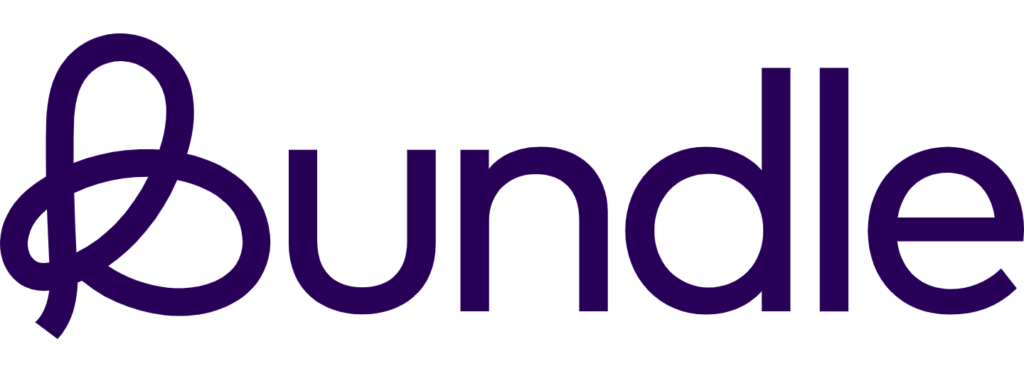In Bitcoin Africa’s Weekly News Roundup, we look at the most trending blockchain and cryptocurrency stories from Africa this week.
Here are our best picks!
South Africa to Regulate Crypto

A new policy paper released by South Africa’s “Intergovernmental Fintech Working Group” (IFWG) indicated strict regulations might be coming soon. The paper suggests strict cryptocurrency business monitoring, a licensure structure, and more.
This new regulation for cryptocurrencies will combine the Financial Action Task Force’s “new technologies” anti-money-laundering and “Travel Rule” recommendations in approving businesses for operation. The plan is to start with a regulatory sandbox that will guide final policies to be implemented on cryptocurrency usage.
“Payments using crypto assets will, in the interim period, be subjected to a regulatory sandbox approach,” the IFWG stated. Even though most cryptocurrency media sites have termed the new regulations as “strict” and “stiff,” some business owners see this as a good move.
Speaking to BitcoinAfrica.io, Gareth Grobler, founder of iCE3X.com, a South African exchange, said the new policy would open the space up to new investments and businesses.
“The IGFWG once again did an outstanding job with the latest policy paper. Incredible attention to detail and a positive attitude towards the industry with a specific focus on helping shape the industry with positive regulation has been its focus.
They continue in this vein by providing sensible suggestions towards regulatory measures which will not only provide better consumer protection but also give more credibility to companies such as ours.
This, in turn, will allow for more investment into the industry and a safer environment for individuals as well as businesses to get more involved with cryptocurrency. We look forward to the proposed guidelines becoming formal regulations and are proud to be a part of the only multi-regulatory fintech working group in the world.”
The IGFWG has opened its doors to comments on the new policy document until May 15. It will be interesting to see how the new policy affects the already vibrant cryptocurrency ecosystem in South Africa.
Former Binance Labs Director, Launches Payments App ‘Bundle’

Yele Bademosi, a former Director at Binance Labs, launched the social payments app ‘Bundle’ this week.
Bundle is a payment application for cryptocurrency and cash. It only supports the Nigerian Naira at launch, and allows users to trade BTC, BNB, ETH, and BUSD.
The application should be a good fit for the large numbers of bitcoin traders in Nigeria. Beyond trading, the app provides utility for remittance as it allows people to transact with Nigerians, who can withdraw funds through bank accounts using the app.
One of the most anticipated use cases of cryptocurrencies in Africa is remittance. The process of sending and receiving money across states is very popular on the continent. About 30 million African migrant workers send about $40 billion to their loved ones on the continent annually. However, the options to send money are limited or too expensive when available.
Bundle joins a group of new startups building payment applications with cryptocurrency integration focused on Africa.
On the market, bitcoin has seen significant gains this week, breaking the $7,500 physicological level. More retail investors are buying bitcoin.

According to Glassnode, retail investors are buying 75,000 bitcoin daily ahead of the bitcoin halving. The positive price sentiment follows weeks of bearish price action.

 News1 year ago
News1 year ago
 News1 year ago
News1 year ago
 News2 years ago
News2 years ago
 News2 years ago
News2 years ago
 News2 years ago
News2 years ago
 Sponsored Posts2 years ago
Sponsored Posts2 years ago
 News2 years ago
News2 years ago
 News2 years ago
News2 years ago





















 Central African Republic (CAR) has set up a 15-member committee that will be responsible for developing a bill on the use of cryptocurrencies and tokenization in the region.
Central African Republic (CAR) has set up a 15-member committee that will be responsible for developing a bill on the use of cryptocurrencies and tokenization in the region.





